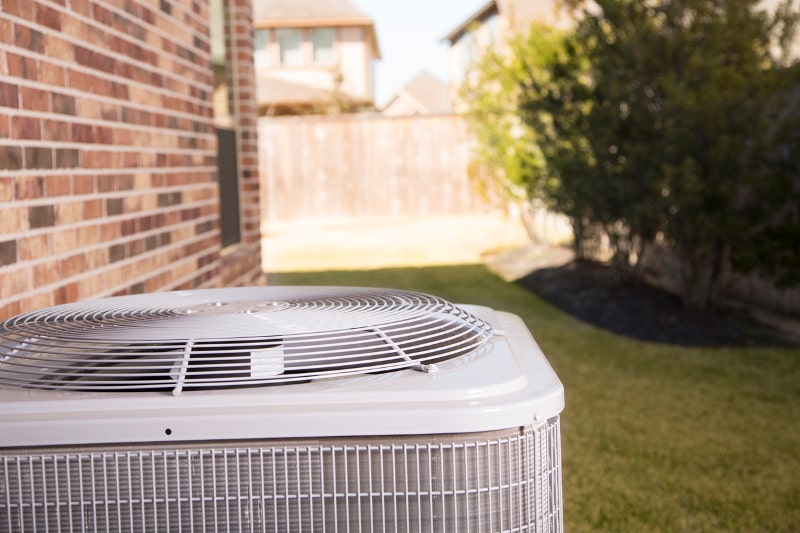If your air conditioning unit (AC) is not working efficiently, the problem may be due to low refrigerant levels. This is a serious problem, and you should call a technician to inspect your AC if you suspect this is the issue. Here are some ways that low refrigerant levels can damage your AC.
1. Reduced Cooling Capacity
Refrigerant is the substance that cools the air in your AC. When the refrigerant level is low, the AC will not be able to cool the air efficiently, and the air blowing out of the vents may not feel as cold as it should be. This reduced cooling capacity will make your home less comfortable during hot days in Bluffton, SC.
2. Increased Energy Bills
When the refrigerant level is low, your AC system has to work harder to cool the air, resulting in higher energy bills. This increased energy consumption can also shorten the lifespan of your AC system and result in costly repairs.
3. Compressor Failure
The compressor is the most important component of your AC unit, and low refrigerant levels can cause it to fail. The compressor pressurizes the refrigerant and pushes it through the coils to cool the air. When the refrigerant level is low, the compressor can overheat and fail, leading to a costly repair or replacement service.
4. Frozen Coils
Low refrigerant levels can also cause the coils in your AC unit to freeze. This is because there is insufficient refrigerant to absorb heat, and the coils become too cold. Frozen coils can damage your AC unit and reduce its lifespan.
Low refrigerant levels can cause significant damage to your AC unit, resulting in reduced cooling capacity, increased energy bills, compressor failure and frozen coils. If you suspect your AC system has low refrigerant levels, contact McDevitt Air and one of our professional HVAC technicians in Bluffton, SC, will inspect and repair your AC system. Don’t wait until it’s too late to avoid costly repairs or replacements.
Image provided by iStock


